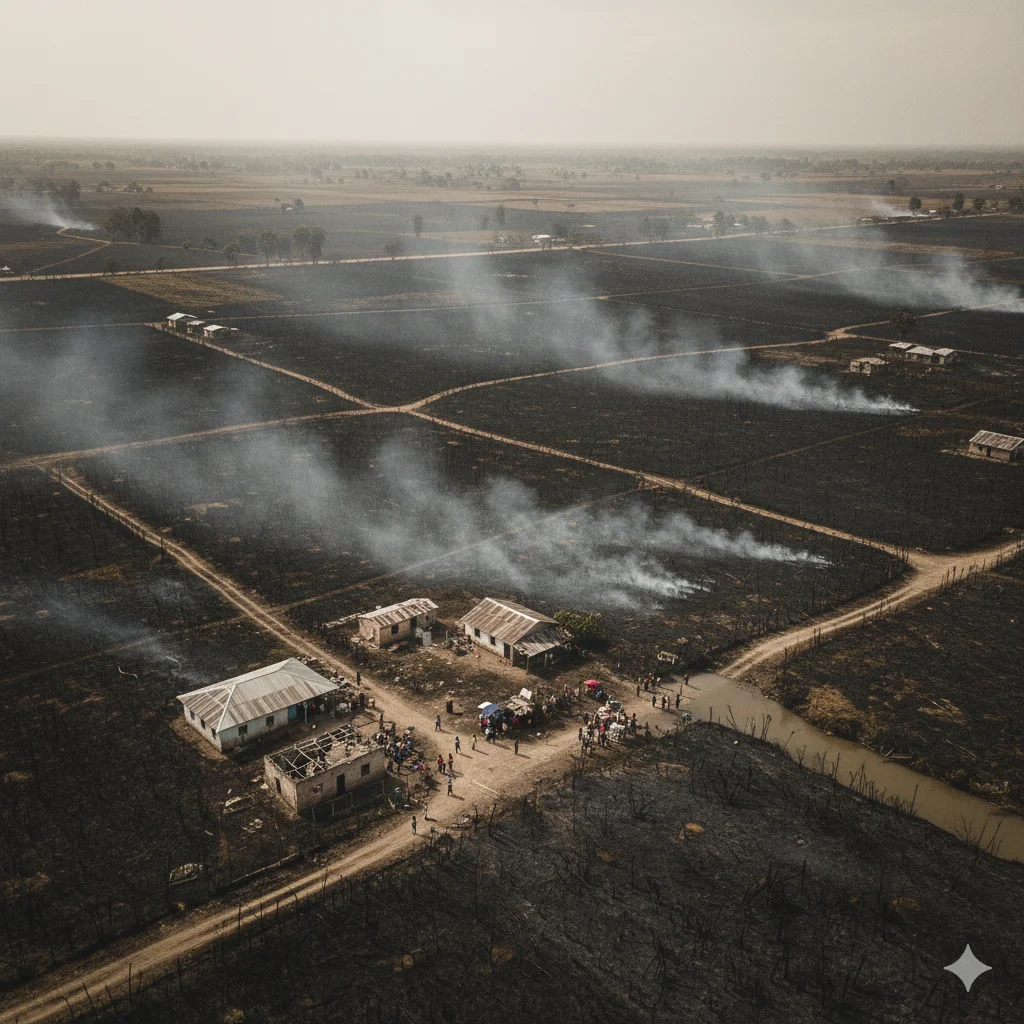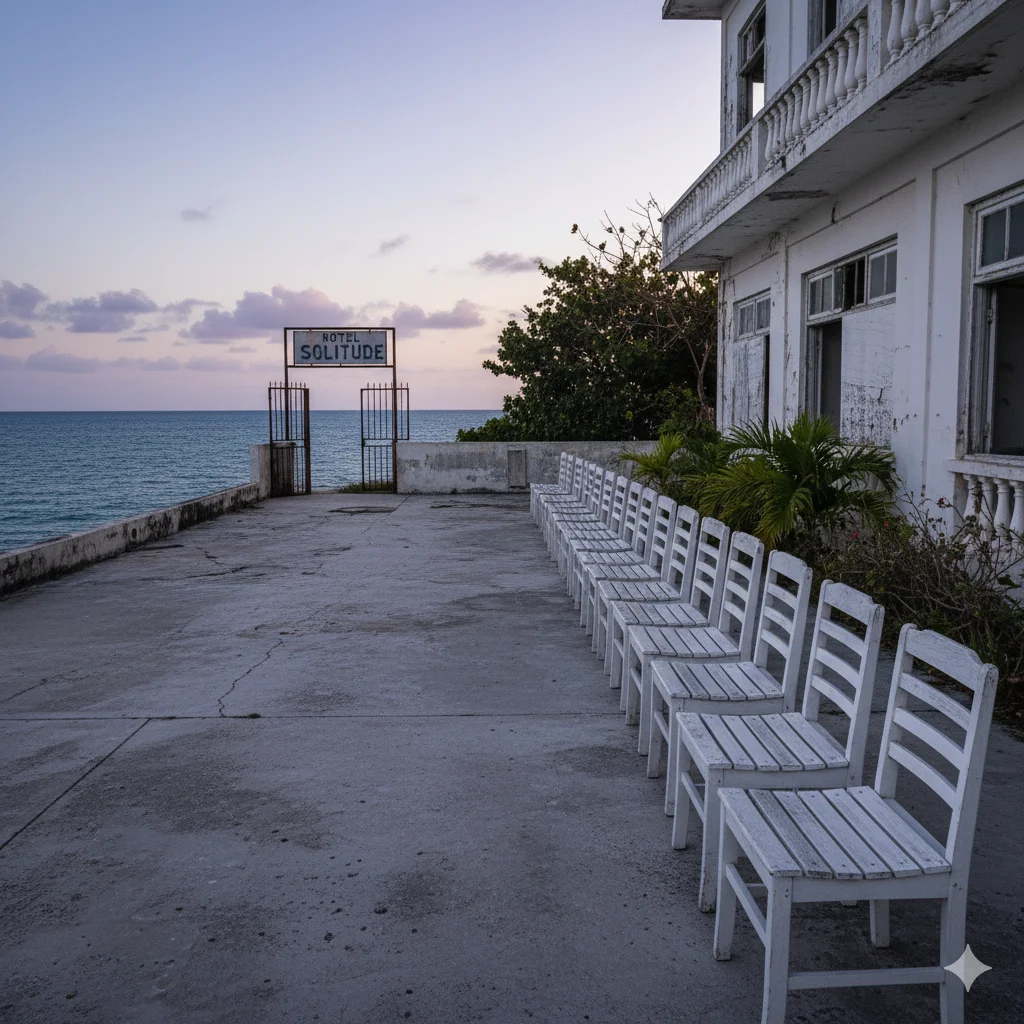The question that defines the moment is no longer abstract: Who can stop the bandits in Haiti? Despite the presence of decision-makers and external partners claiming to support the restoration of order, the facts on the ground reveal the opposite.
Every brief sign of stability collapses under the weight of renewed violence. The country’s crisis has become systemic, its violence organized, and its destruction deliberate.
The Hidden Blueprint of Chaos
Gang activity in Haiti is not random. It is strategic, coordinated, and deeply entrenched. Each armed group operates within a clear plan — a roadmap handed down by its backers.
Communities in the Lower Artibonite region have seen this firsthand: homes torched, fields burned, livestock slaughtered, and families forced to flee. Such actions are not acts of spontaneous rage.

They are part of a calculated campaign to dismantle rural stability, weaken local economies, and stretch the limits of national law enforcement.
A State Losing Ground
Law enforcement struggles to maintain even a defensive posture. Gangs now move freely from one department to another, often more mobile and better equipped than the police. Verrettes and its surrounding zones illustrate the crisis vividly.
Armed groups are tightening their grip on rural communities while security forces protect limited assets such as hospitals, leaving residents exposed. The state’s presence, where it still exists, has been reduced to symbolic pockets of resistance.
The Economic Undercurrent
The assault on the Artibonite region cannot be viewed merely as a security issue. It is also economic warfare. The valley, known as Haiti’s rice heartland, sustains thousands of small farmers.
By burning fields and destroying crops, gangs are crippling one of the country’s last productive sectors. This deliberate targeting suggests that powerful interests — domestic or external — benefit from dependency and disorder.

Every field destroyed deepens Haiti’s reliance on imported rice, especially from the United States, and erases another piece of the country’s self-sufficiency.
A Leadership Vacuum
Political indecision has become as destructive as the violence itself. The state appears immobilized, trapped between press conferences and futile meetings about cabinet reshuffles.
Military and police operations, when they occur, are limited, short-lived, and lack transparency. No consistent strategy exists to reclaim occupied territories.
Each defensive response gives the gangs more time to reorganize and expand. The absence of political will has become the most dangerous weapon of all.
International Ambiguity
The international community, too, bears responsibility for this paralysis. Sanctions, embargoes, and press statements have done little to curb the arms flow that sustains the violence.
Weapons continue to arrive through well-known channels while the embargo officially remains in place. Promised foreign forces or private contractors have yet to make a visible impact. Haiti stands trapped between external hesitation and internal inaction.
The Human Cost
Communities that once thrived are now emptying out. Residents of Verrettes, Desarmes, and La Chapelle are fleeing in fear. Local tourism in areas like Montrouis and Arcahaie — once vibrant seaside destinations — has collapsed.

Hotels are shuttered, jobs lost, and the remaining residents live under daily threat. Beyond the statistics lies the erosion of hope itself — the silent cost of a nation that feels abandoned.
The Path Forward
To stop the bandits’ advance in Haiti, the country requires more than sporadic police action. A coherent national strategy must be built around four pillars:
- Decisive leadership — Authority must translate into action, not announcements.
- Unified security operations — Police and armed forces must coordinate offensively, not defensively.
- Protection of economic lifelines — Agricultural zones, roads, and transport networks must become priorities, not afterthoughts.
- Restoration of public trust — Citizens must see tangible protection, not symbolic presence.
Conclusion: The Price of Inaction
Every delay strengthens the gangs. Every unprotected town becomes a new base. Haiti’s territorial integrity is now contested not by foreign powers, but by internal warlords.
The question is no longer who can stop them, but who will decide to. The moment that political leadership chooses action over excuses, the balance will shift.
Until then, the bandits’ advance will remain unchecked — and the nation’s sovereignty will continue to erode, one community at a time.



